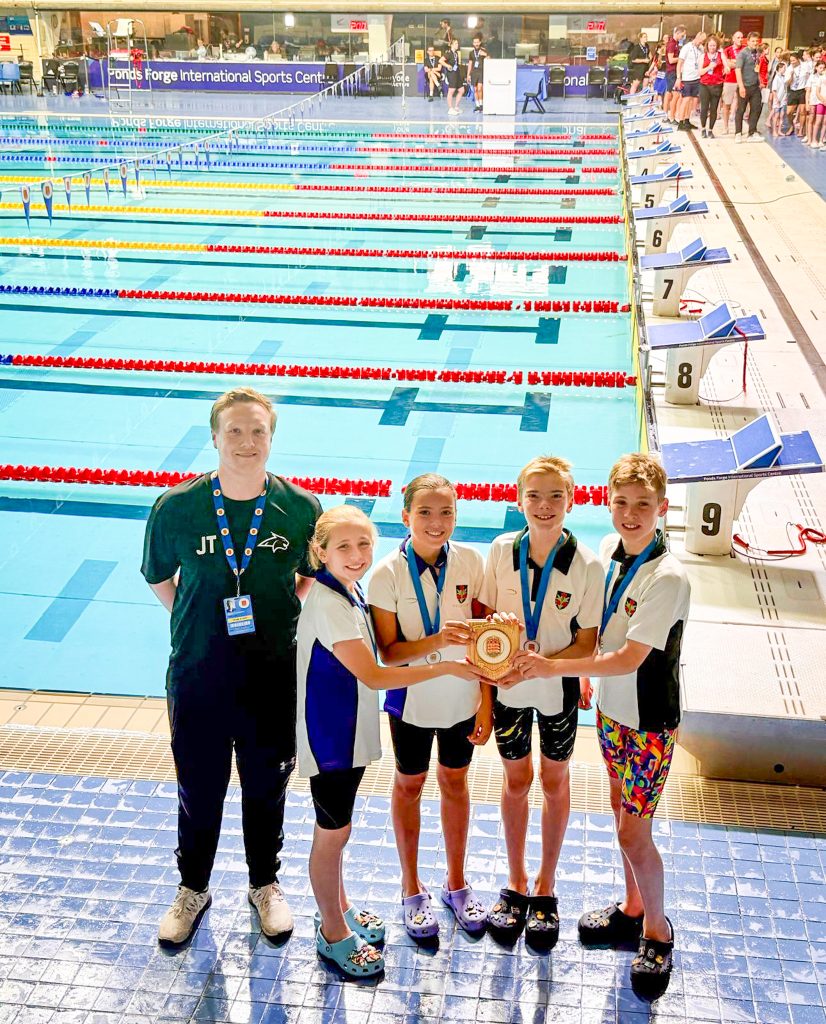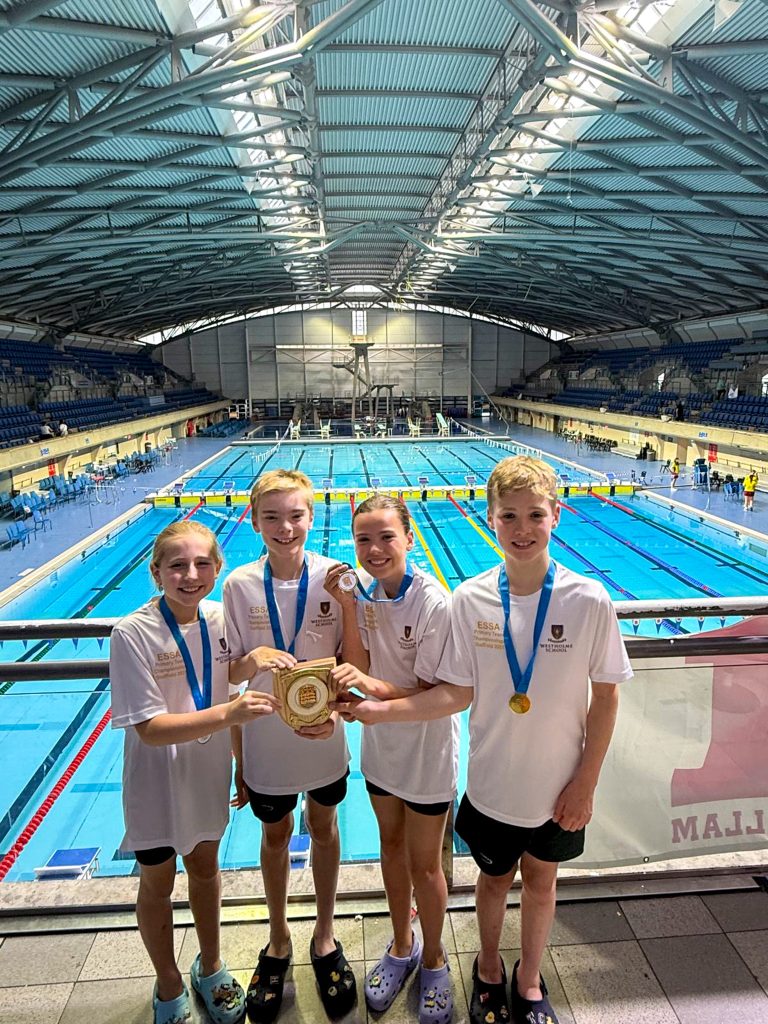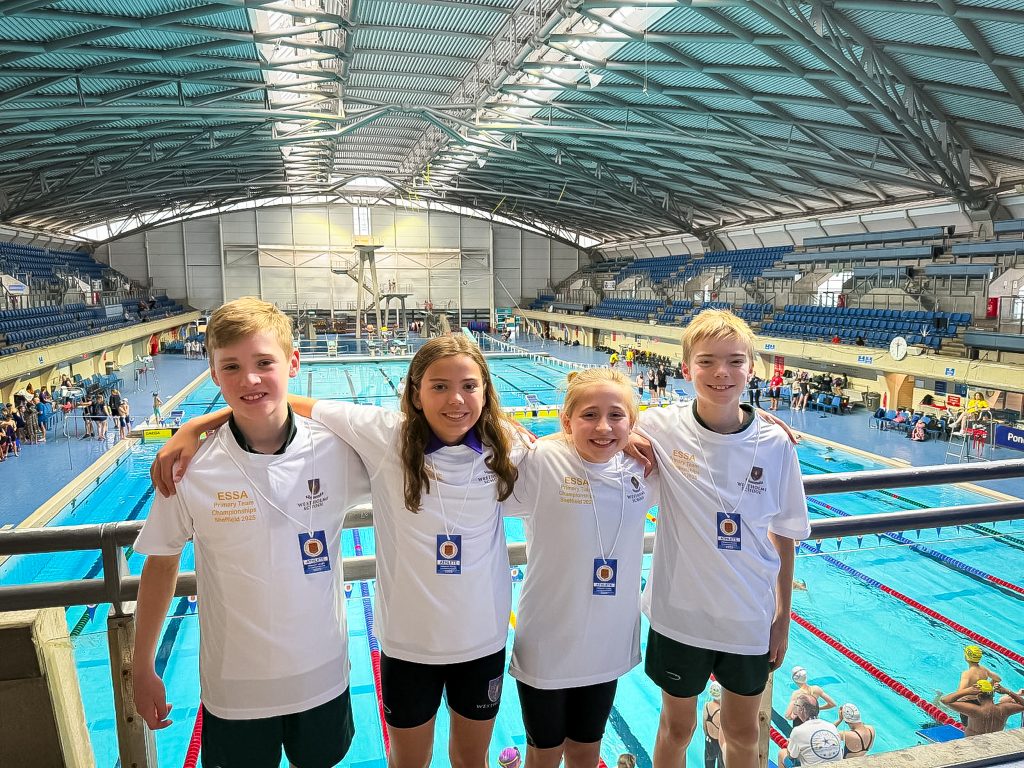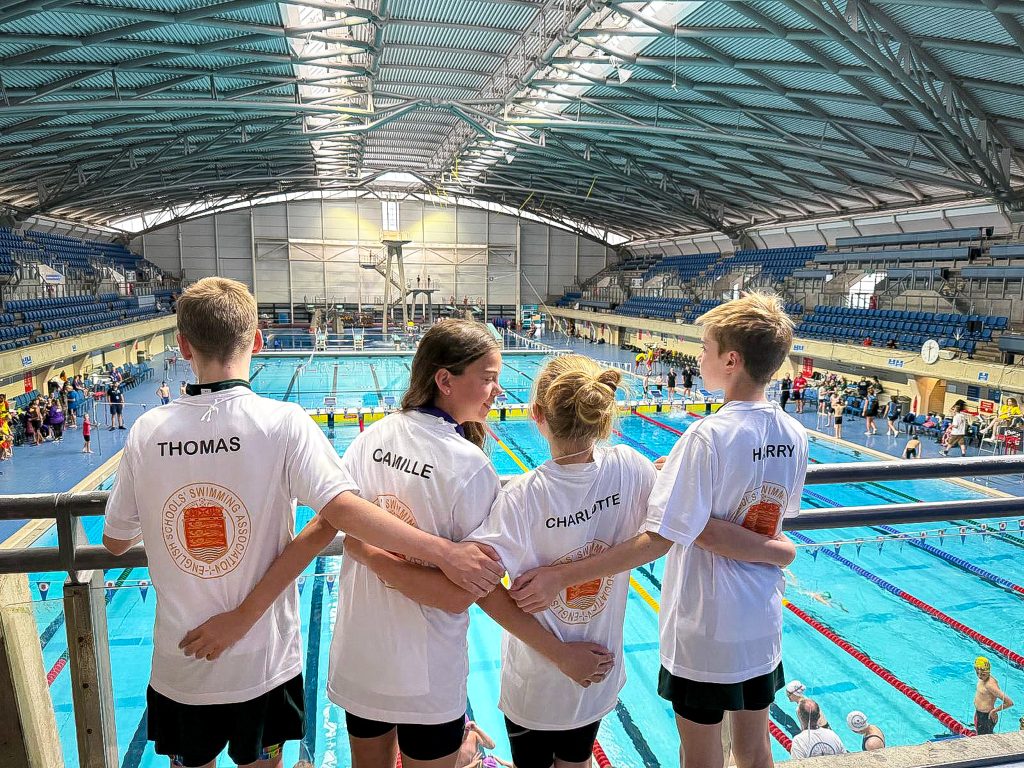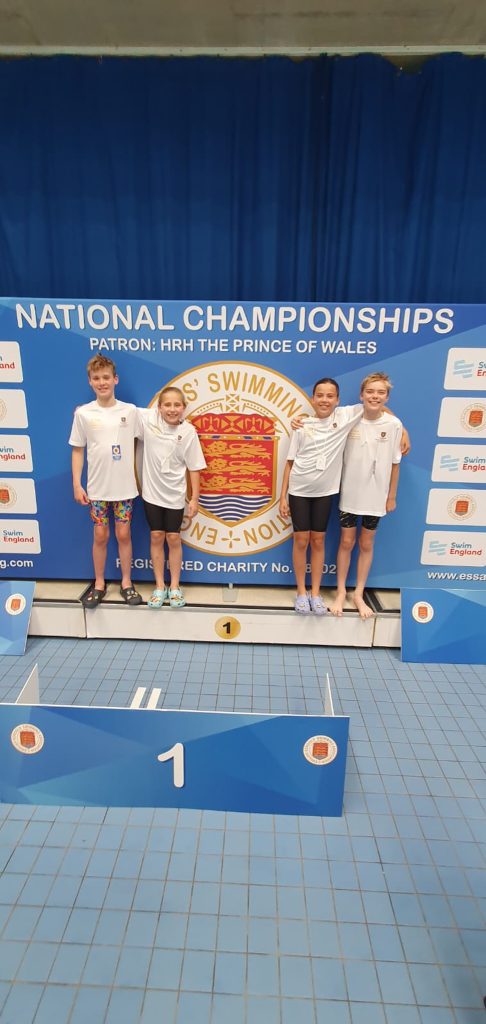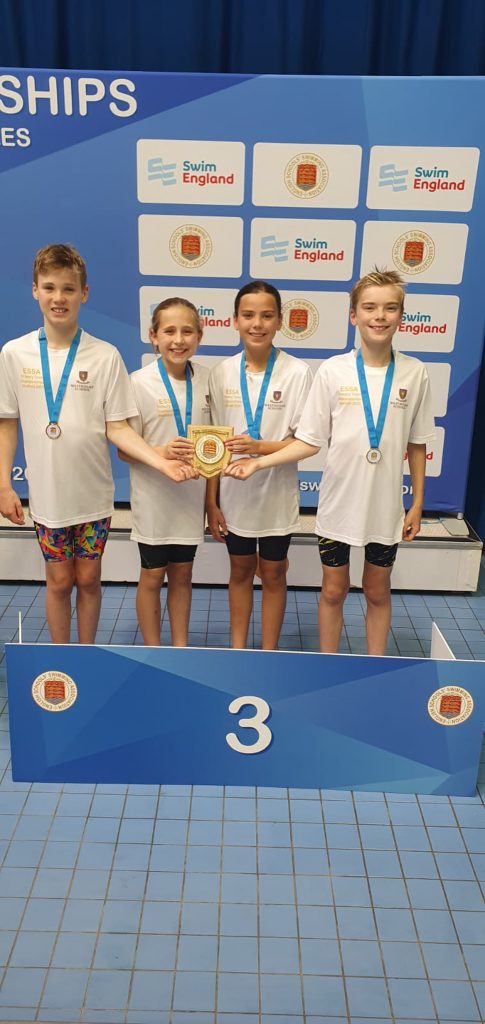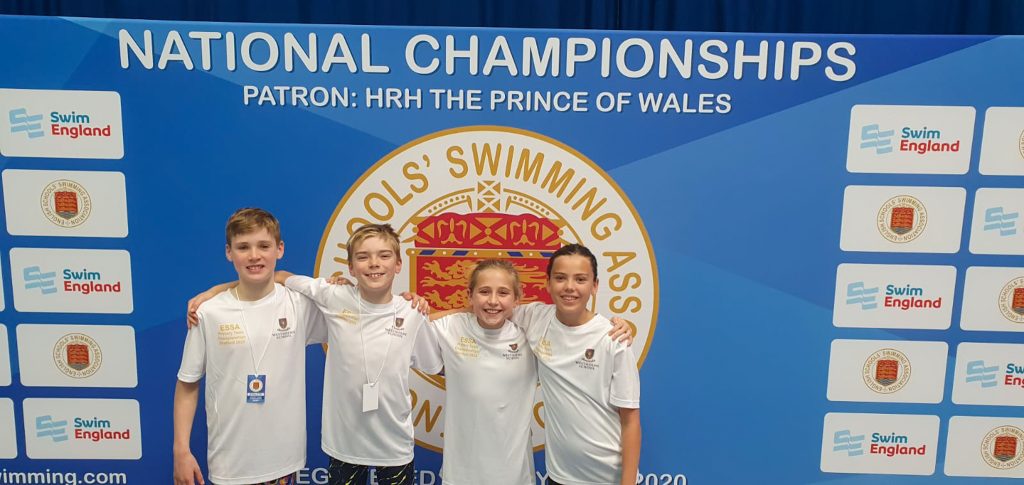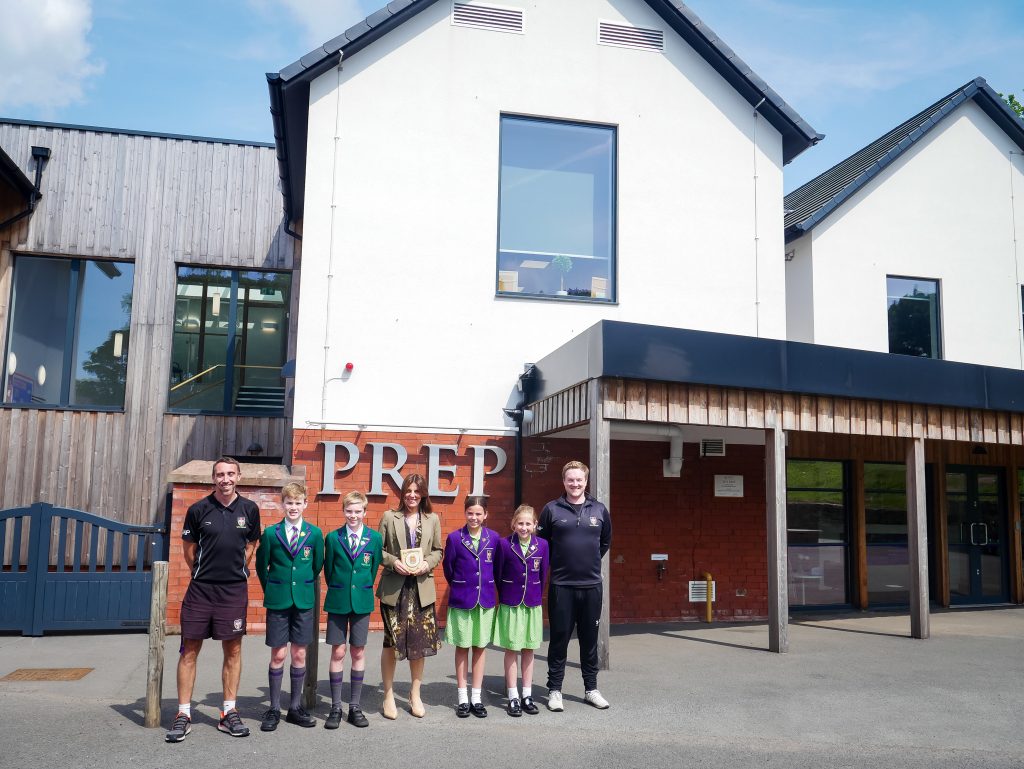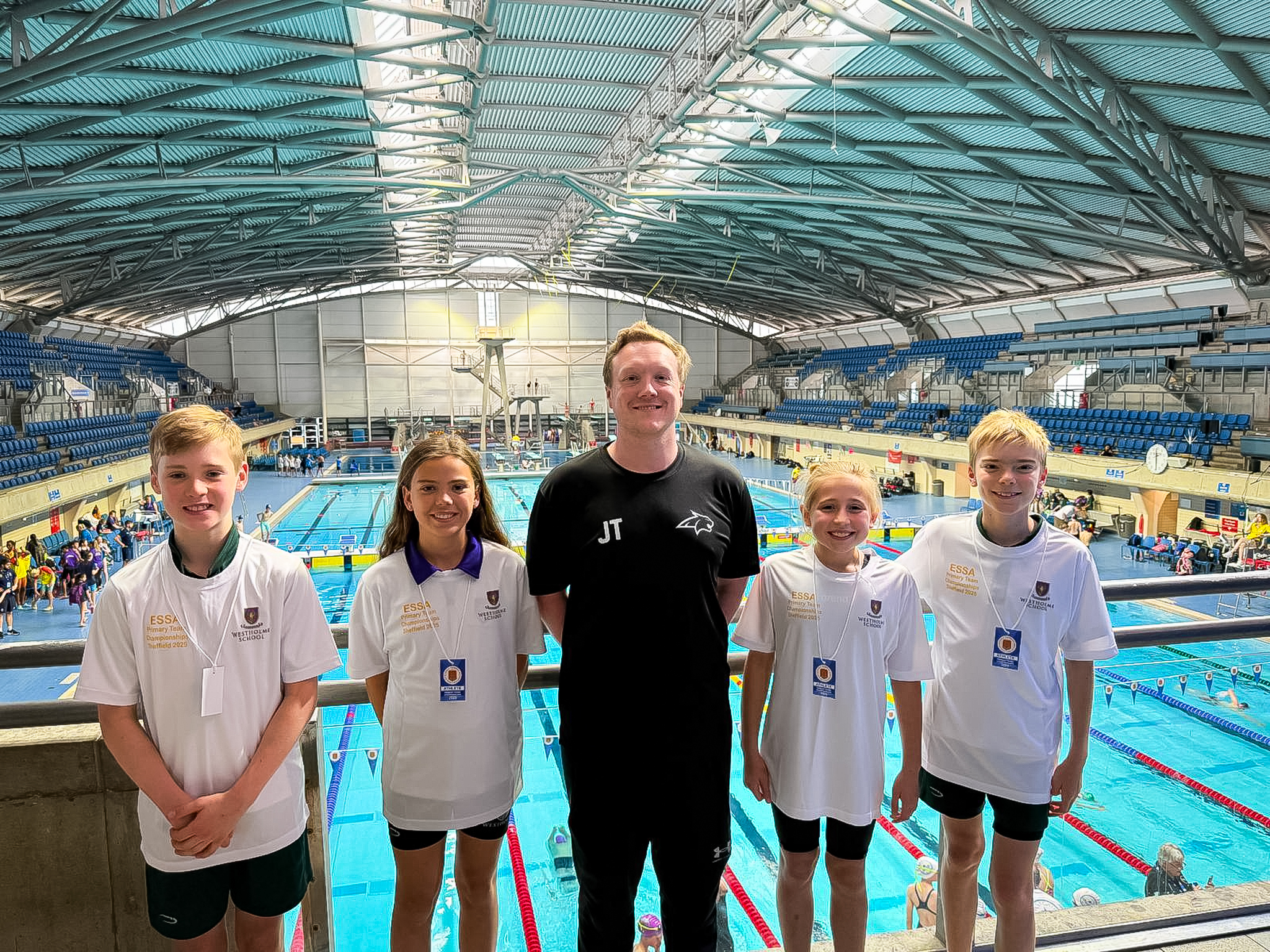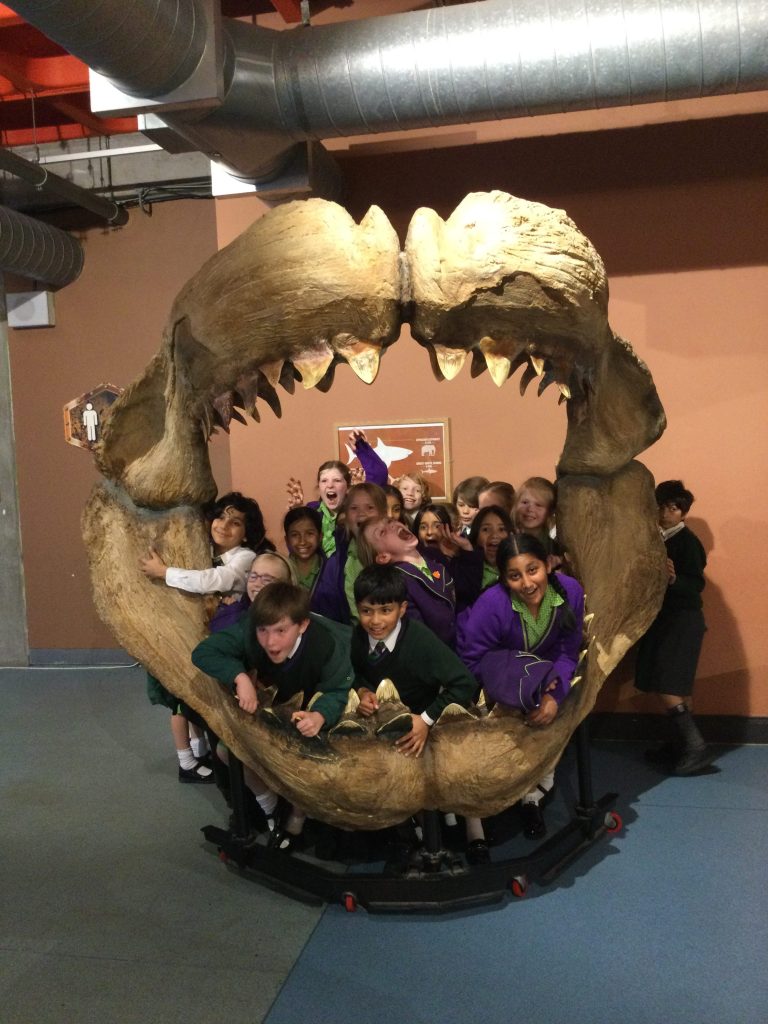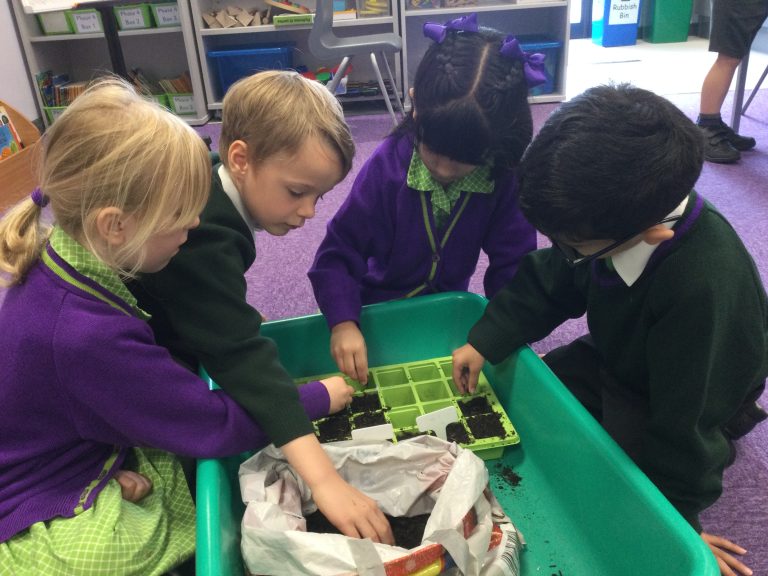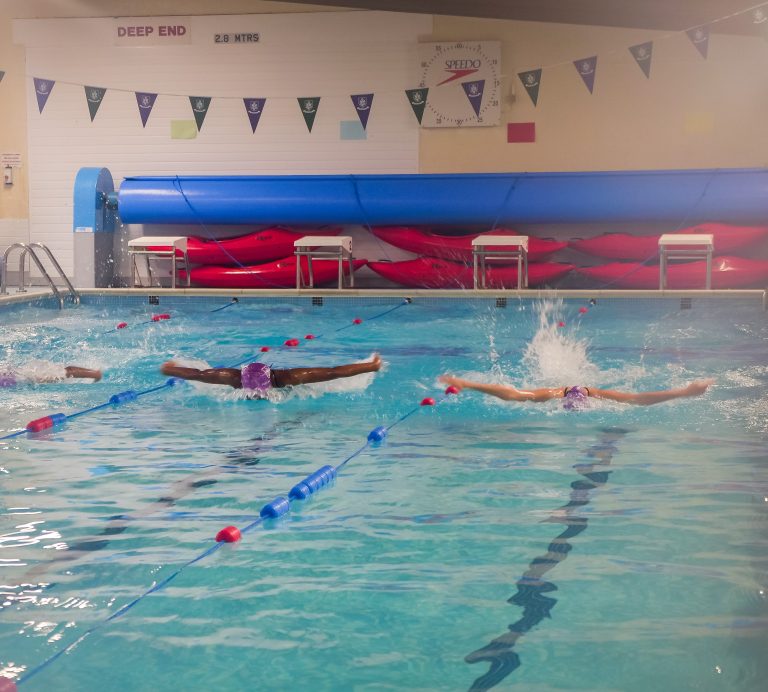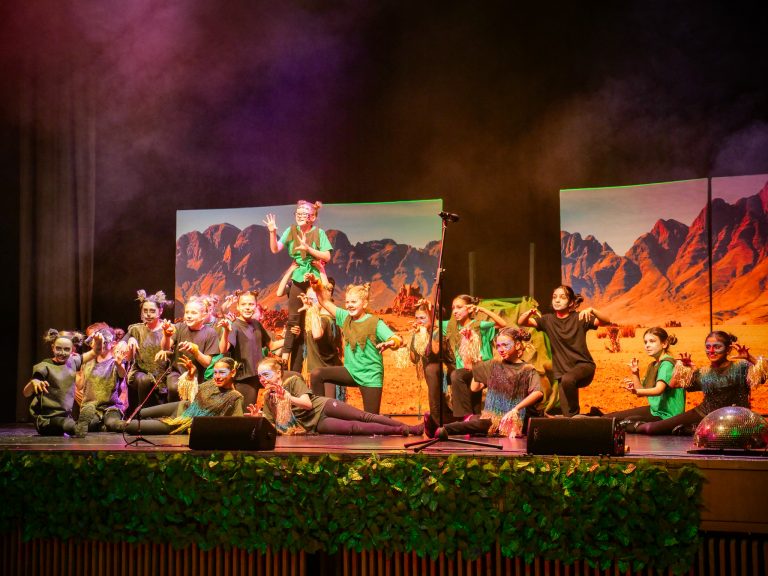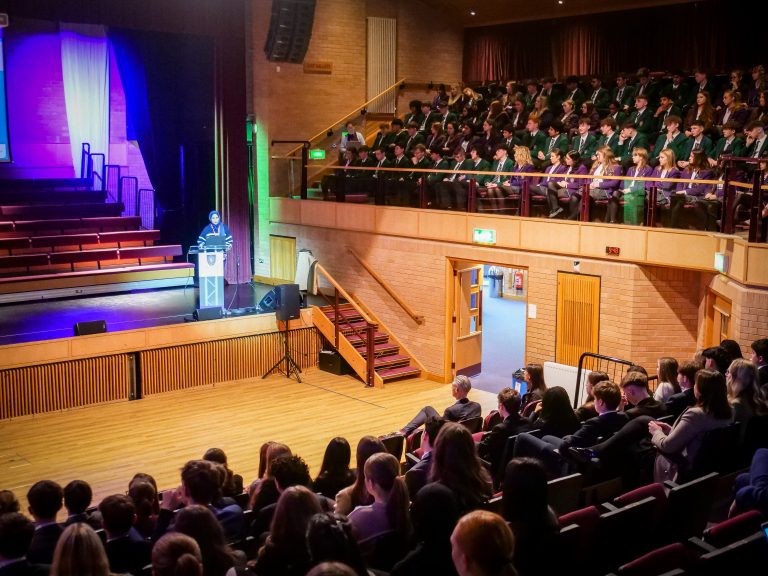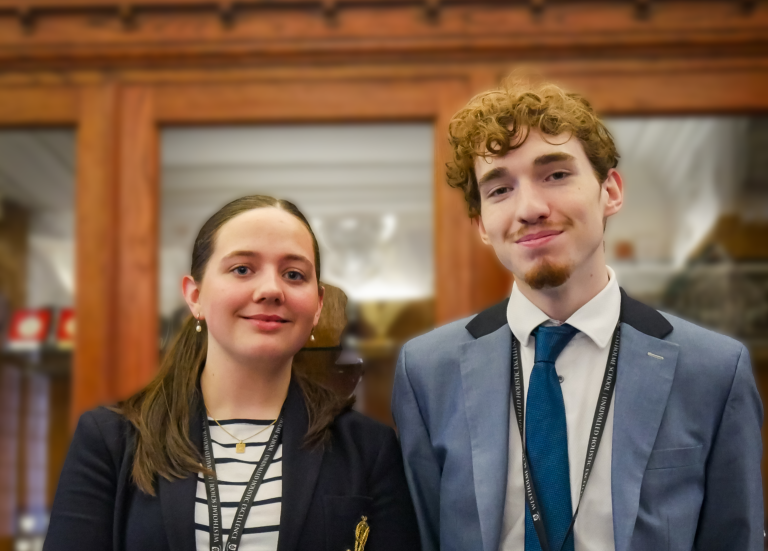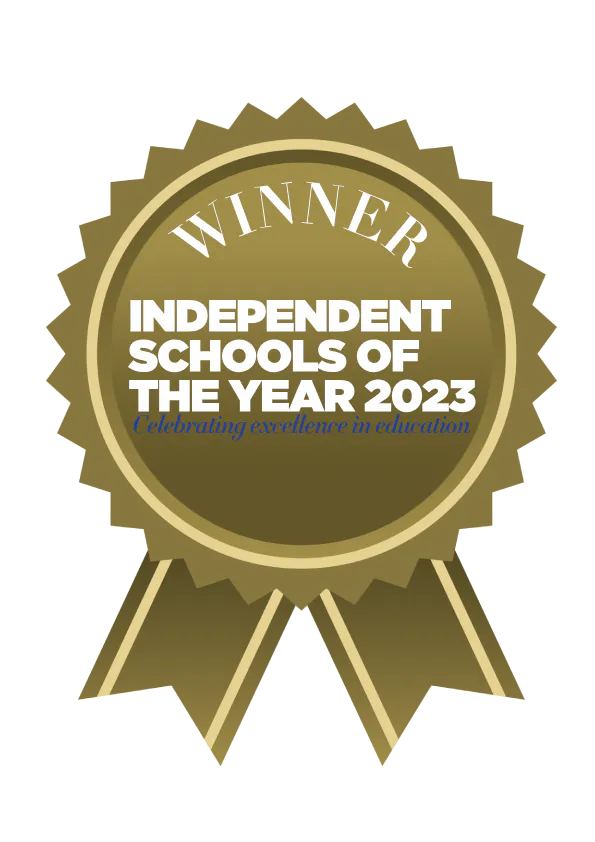Westholme Prep makes record-breaking splash on national school swim stage
This week, we had some amazing news from our Prep 6 swimmers, who have recently broken school records on the national stage.
The team of four took home the bronze medal in the medley relay race at the English Schools’ Swimming Association (ESSA) Primary Schools’ Team Championships.
Finishing in third place, Westholme Prep represented the only school from the North West to claim a medal in the mixed stroke medley relay race, which took place at the Olympic-sized Ponds’ Forge swimming pool in Sheffield.
The bronze-winning team comprised four Prep 6 students: Camille, Charlotte, Harry and Thomas.
Harry said: “From a goal to reality – we are very proud of our achievement and won’t forget it. It was hard, but we believed and did it!”
Camille said: “The feeling I got when we finished our race and won our medal made all the training and hard work worthwhile. It was amazing, especially to do it alongside my Westholme team. A day I’ll never forget.”
Westholme’s team qualified for the national event after achieving impressive results in the regional North West finals in March.
Lee Purdy, Director of Sport at Westholme, said: “This is the first time our Prep swimming team have qualified for this national event since 2017 – so even being there in Sheffield this weekend was a great achievement, but to then go on to win bronze on the day was incredible. We are so proud of Camille, Charlotte, Harry and Thomas – their performance has showcased teamwork at its best and they have no doubt inspired our younger swimmers to follow in their footsteps.”
Swimming represents one of the many co-curricular opportunities on offer for students at Westholme Prep with recent visits from the likes of Paralympian swimmer Mark Tompsett inspiring budding young athletes to fulfil their potential and pursue their passions.
